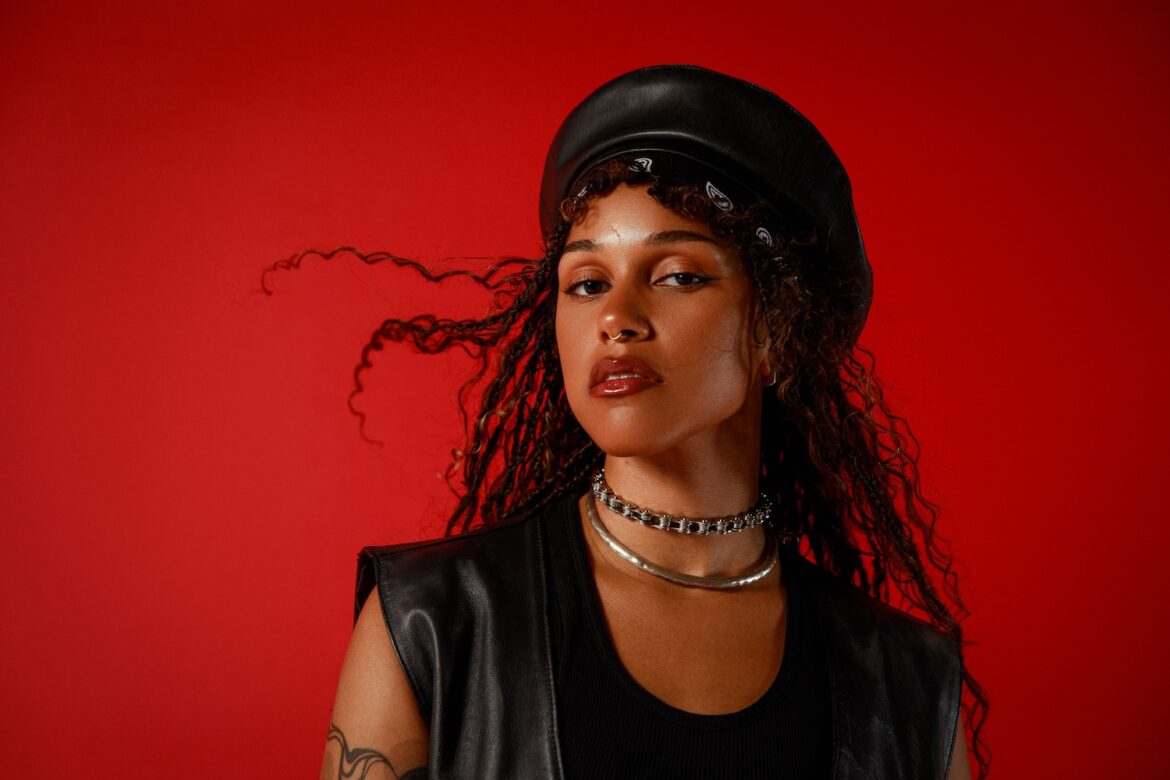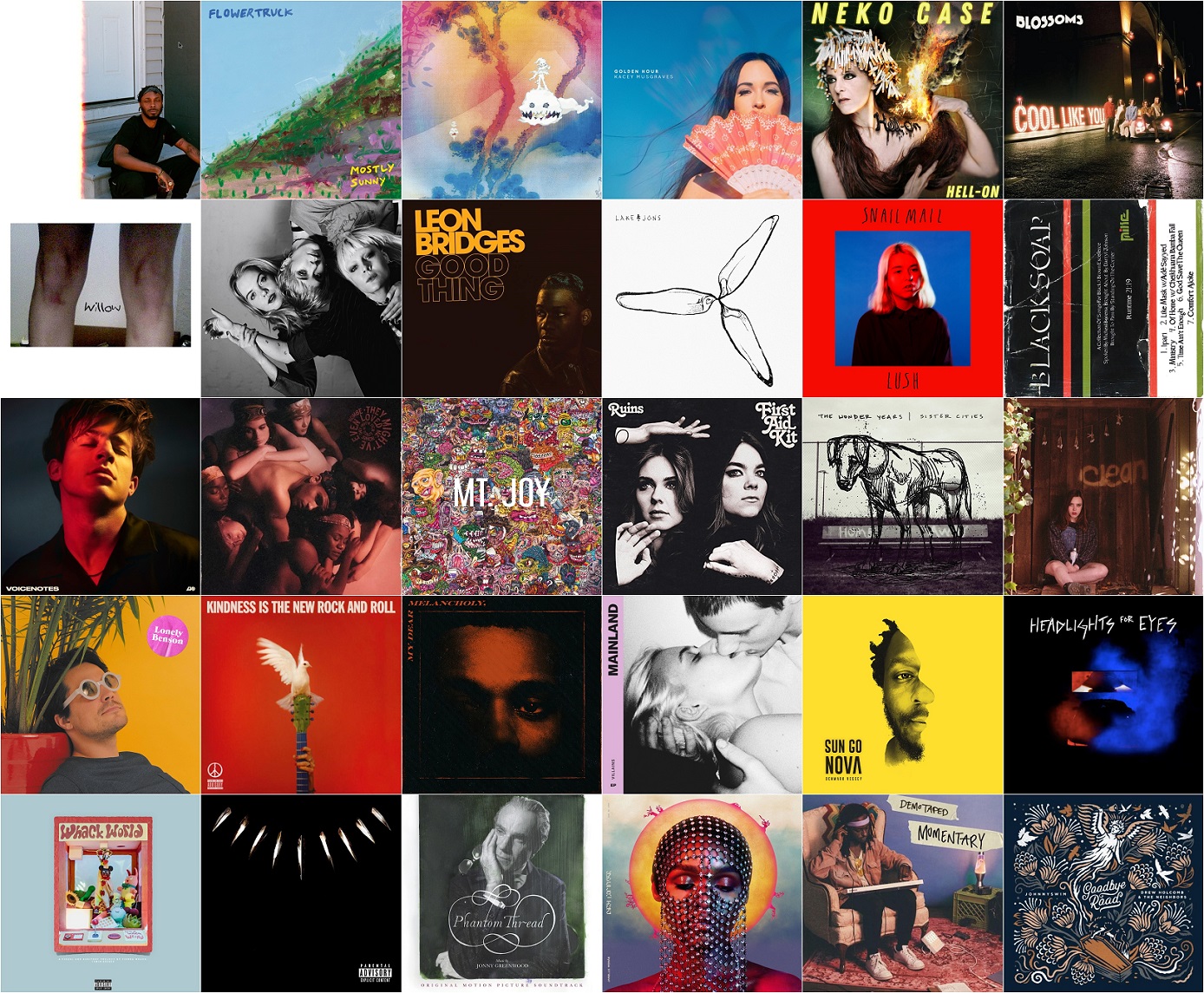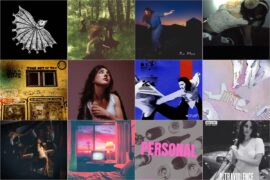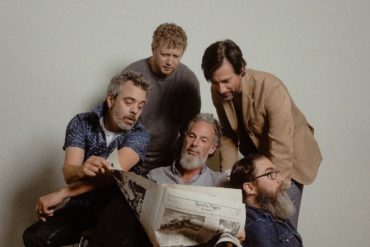In honor of Black History Month, Atwood Magazine has invited artists to participate in a series of essays reflecting on identity, music, culture, inclusion, and more.
•• •• •• ••
Today, Miami-based queer audio-visual artist ROZET explores the hardships they’ve overcome as a Black artist and the inspirations for their new ‘HEAD’ EP in an emotional personal essay for Atwood Magazine’s Black History Month series!
From a young age, Rose Booker-T found freedom and value in the reinvention of performance art. Honing their artistic and educational creative voice, Rose began developing the immersive alias ROZET. Emerging after years in stealth mode – and following a recent feature on “RISE” with Machinedrum via Ninja Tune – ROZET released their first single for TOKiMONSTA’s Young Art Records, “Thinking A Lot” (co-produced by Yakob, Machinedrum, Jesse Boykins III and Richard T). ROZET is an alchemist, a sonic time traveler – re-imagining a boundless genre of the future. The recently released ‘HEAD’ EP, an eclectic blend of sounds and genres, feeds on ROZET’s studies in Psychology, Buddhism, and mental health treatment, combined with their training as a dancer and musician, finding the space where sound, mind, and body converge.
Read ROZET’s Black History Month essay below and listen to ‘HEAD’ wherever you stream music!
•• ••
•• ••
THE POWER OF BLACK FAMILY
How a Brother-and-Sister Musical Duo Broke Apart & Found Its Way Back Together”: An Essay by ROZET for Black History Month

by ROZET
As a Black artist, I faced an industry that thrives on exploitation, especially at the youngest of ages.
The hyper-sexualization of Black female artists is an unspoken but well-documented reality, often shaping their careers before they even have the opportunity to define themselves. Without the right representation and guidance, cognitive dissonance around identity can develop, making it difficult to navigate an industry that prioritizes marketability over authenticity.
The promise of opportunity was often a cover for control.
Contracts were structured to strip away creative freedom, forcing artists into molds that maximized profit rather than artistic growth. Gatekeepers viewed me as a product rather than an artist, and genuine mentorship was scarce. If anything, they were watching the clock to wait and see when my parents would leave and my brothers were occupied to manipulate my decision making. That’s one layer. Systemic racism in the industry that made it even harder to access the same resources, protections, and opportunities as my white counterparts. When I was preyed upon, there was little institutional support to hold my abuser accountable, highlighting the deep-seated issues within the industry’s framework.
Another major challenge was the erasure of contributions – being the blueprint for other non-black artists without receiving credit. Black artists, especially Black women, have long been at the forefront of culture-shifting movements in music, yet our contributions are often co-opted without acknowledgment. This reality is an obstacle, but it is one that the new generation of artists is actively challenging, refusing to allow history to repeat itself.
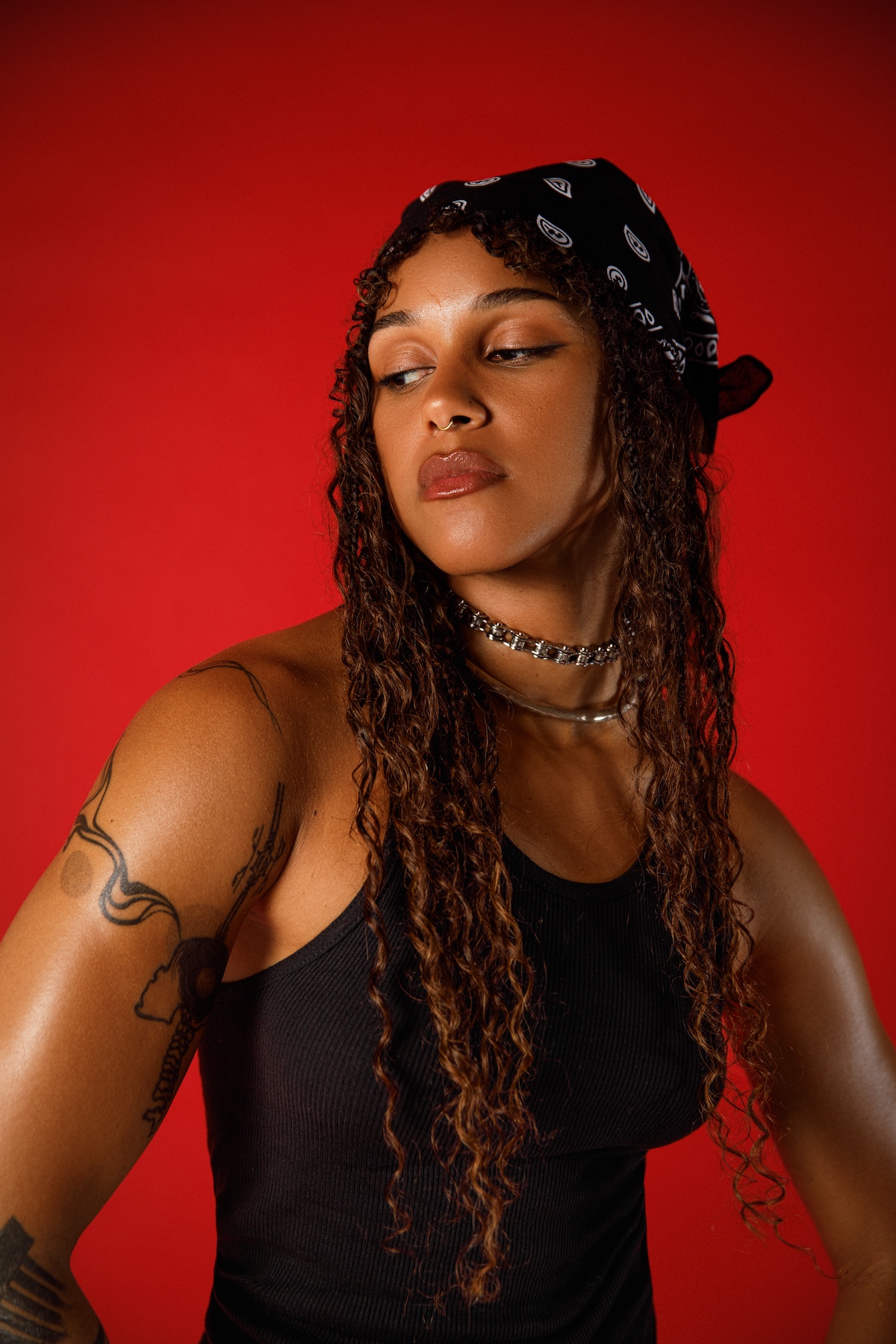
The industry saw the bond between my brother and me as a threat rather than an asset.
The divide-and-conquer strategy was a deliberate effort to prevent us from growing together, knowing that our unity meant more control over our own careers. Contracts, manipulation, and external pressures worked systematically to keep us in separate lanes, discouraging collaboration and limiting our potential as a duo. It was a calculated effort – keeping us isolated ensured that we had less power, less control over our narratives, and fewer opportunities to uplift each other.
Understanding the depth of this manipulation took time, but through introspection, therapy, and legal counsel, we began to unpack the reality of what we had experienced. The industry had worked tirelessly to create distance between us, but ultimately, it failed. Now, my brother and I share an unbreakable bond. We have reclaimed our power and are thriving together in ways that once seemed impossible.
Breaking free from these systemic barriers required a full reclamation of my voice – artistically, emotionally, and spiritually.
Therapy helped me process years of industry-induced trauma, while my Buddhist practice became a guiding force in transforming pain into empowerment. I had to unlearn the deeply ingrained belief that industry validation was the ultimate measure of success. That validation, often embedded at a young age by older men with questionable motives, was nothing more than a tool for control. Instead, I chose to define success on my own terms, allowing my art to reflect my truth rather than industry expectations.
This journey was not just about healing but about regaining control. Ownership became a priority—owning my masters, my creative process, and, most importantly, my story. The industry has a long history of shaping artists into something profitable rather than something powerful, and I refused to be molded into a version of myself that catered to their bottom line. Protecting my energy became just as critical as protecting my artistry. I surrounded myself with people who genuinely believed in my vision, not just those looking to extract value from it.
One of the most important lessons I have learned is that healing is an essential part of artistic growth.
The trauma inflicted by an exploitative industry can be overwhelming, and it is easy to internalize the pain, allowing it to dictate creative expression. But when you prioritize healing, your art flourishes. It becomes deeper, more intentional, and more powerful. True artistry comes from a place of authenticity, and authenticity can only exist when you have the freedom to express yourself without fear of manipulation or exploitation.
This is why ownership is crucial—not just in the financial sense, but in every aspect of an artist’s career. Building your own platforms, documenting your work, and ensuring you receive proper credit are all necessary steps in reclaiming power. The industry has relied on the erasure of Black artists for far too long, but we are now in an era where that erasure is being actively challenged. Black artists are demanding recognition, representation, and equity, and the industry can no longer ignore the shift.
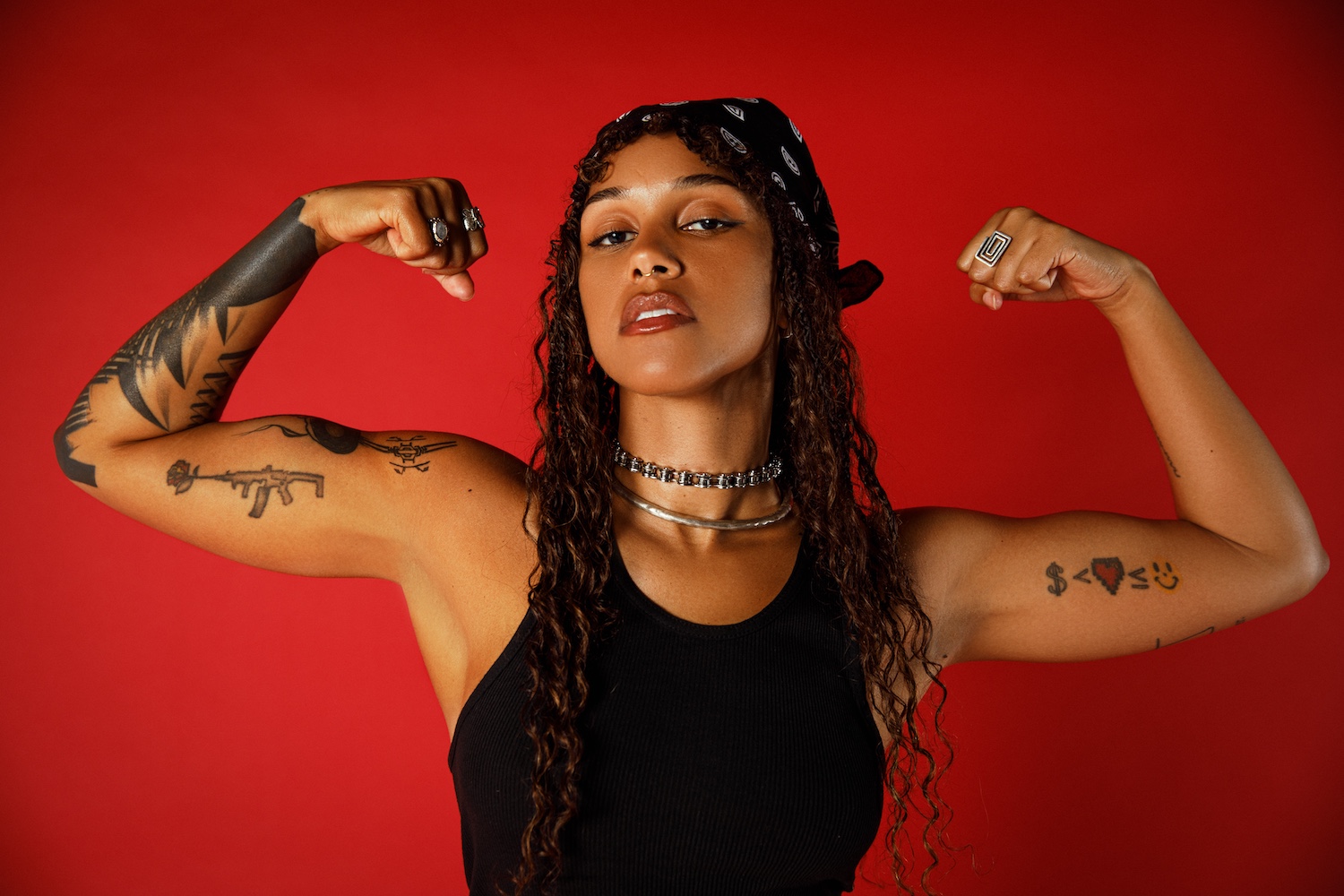
Finding Strength in Black Family
Through all of these challenges, one thing has remained constant – family. The industry tried to separate my brother and me, but it could not break the bond that music and love had forged between us. We have reclaimed our power, and in doing so, we have created a new path that prioritizes artistic integrity, healing, and mutual success.
Our story is not unique. Many Black artists have faced similar battles, struggling against an industry that was never designed for us to win or being a young artist preyed on by a mentor.. But the difference now is that we are speaking out, supporting each other, and building spaces where we can thrive on our own terms. The power of Black family—whether through blood, chosen family, or community—cannot be underestimated. When we uplift one another, we become unstoppable forces in an industry that has long profited from our pain.
We are no longer waiting for permission to take up space.
We are creating our own, and we are doing it together. – ROZET
•• ••
:: stream/purchase HEAD here ::
:: connect with ROZET here ::
•• ••
•• •• •• ••

Connect to ROZET on
Instagram, TikTok, X, Facebook
Discover new music on Atwood Magazine
📸 © TRAGIK & CAMRAFACE
:: Stream ROZET ::

